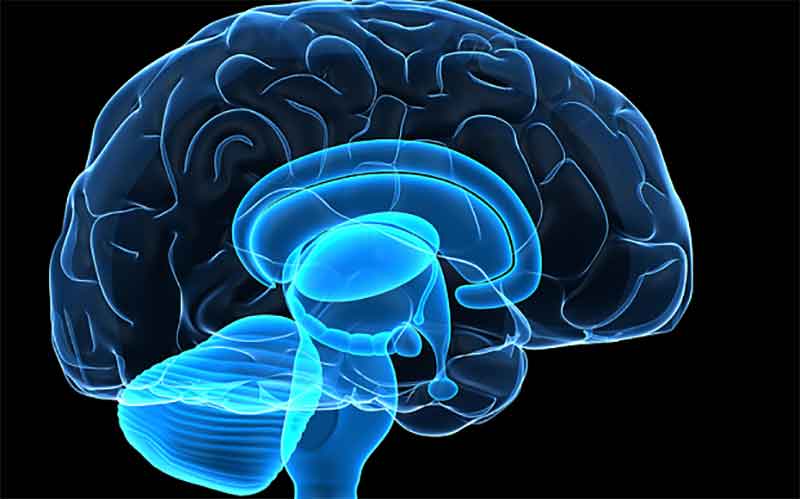
Pseudo-sensory models propose that the perceptual processing of psi stimuli is equivalent to sensory stimuli at a basic level of analysis such as the ability to discriminate a figure from its background. Such pseudo-sensory processing is assumed reliant on the strength of the stimuli.
Such models approach psi with the view of the brain as an information processing system, address the stages of information processing, and addresses whether the nature of psi (e.g. ESP) performance characteristically conforms to the stages of processing.
However, evidence is contrary to pseudo-sensory models, such as how the “quality” of an ESP target (e.g. size, form, contrast, etc.) has no systematic effects of performance void of effects explainable in terms of psychological reactions, unlike regular sensory stimuli.
It should be noted here that sensory processing is only one modality of human information processing. The ideational mode, in which the information is processed by the brain, is assumed obtainable via from within the self, rather than the external environment.
Relative models address the role of the long-term memory in processing extrasensory information. Such concepts are encapsulated in memory models, which show not only promise in explaining the manifestation of extrasensory perception, but also may someday explain the manifestation of psychokinesis.